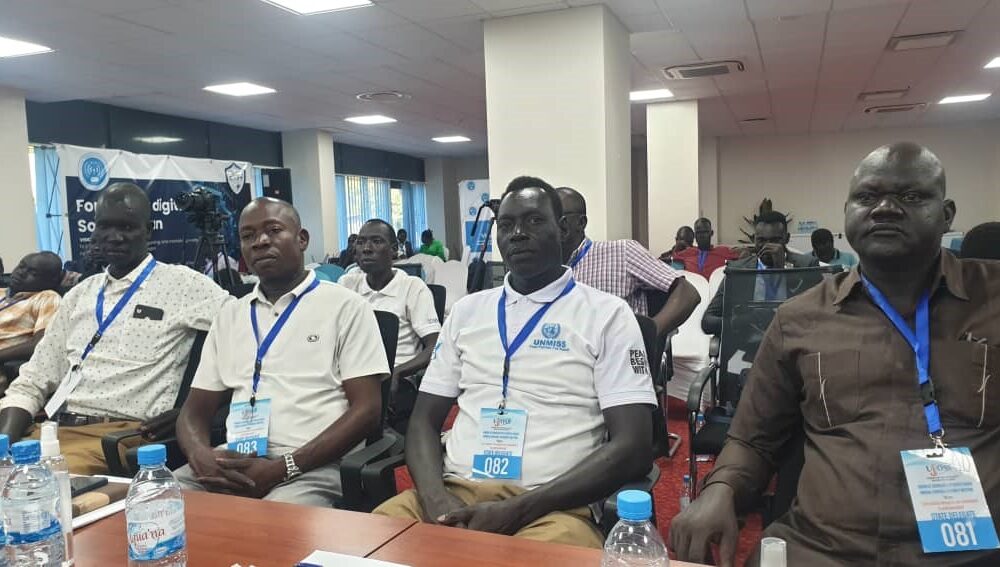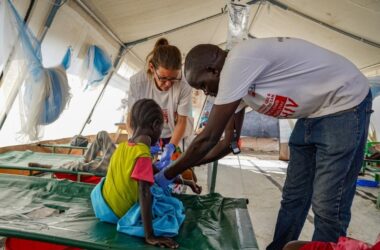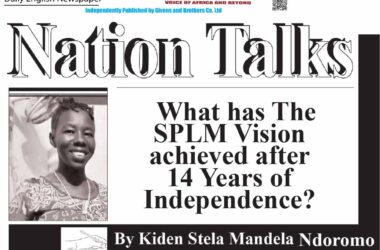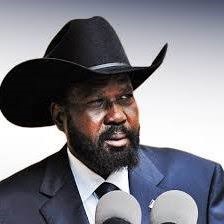By Yiep Joseph
Journalists call for improvements in their working conditions and welfare, urge both Union of Journalists of South Sudan (UJOSS) and the government to take action.
The scribes made the call during Annual General Meeting (AGM) meeting organized by Union of Journalists of South Sudan (UJOSS) with support from partners.
Mayak Majak, UJOSS coordinator in Lakes State, noted that journalists are facing numerous challenges that are negatively impacting their welfare.
He stressed that despite their dedication to informing the public, journalists often receive low pay.
Majak appealed to the head office of UJOSS in Juba and the government’s media institutions to prioritize the improvement of journalists’ welfare in the states.
He recognized the efforts of the state office in this regard but noted that many obstacles persist, emphasizing the need for collaboration between the government and the union.
James Opiny, representing Eastern Equatoria State, said that in addition to low salaries, many reporters lack the necessary equipment to perform their jobs effectively.
He noted that journalists in states continue to struggle while carrying out their duties.
Opiny also called on media organizations to support UJOSS in enhancing the welfare of journalists in the states.
Kawac Deng, a representative from Northern Bhar el Ghazal, acknowledged both the Union and the government’s efforts but insisted that more must be done to improve journalists’ welfare.
He reiterated that journalists face several challenges, including inadequate pay, lack of equipment, and difficulties in accessing essential information.
Jok Guet from Jonglei State urged the government to allow journalists to operate without restrictions.
He expressed concern that some officials hinder journalists from gathering information, claiming it is not suitable for public consumption.
Guet commended journalists for their commitment and encouraged them to adhere to ethical standards and media laws.
Ajoda Odalla, representing journalists from the Greater Pibor Administrative Area, noted a pressing need for more training to enhance journalists’ skills.
He echoed the concerns about low pay and the lack of equipment faced by journalists in the region.
In his opening remarks, Elijah Alier Kuai, Managing Director of the Media Authority, stated that improving journalists’ welfare requires a collective effort and expressed the authority’s willingness to assist in this endeavor.
“The welfare of our journalists is a collective responsibility. We recognize the invaluable support from our media stakeholders, and together we must ensure that our journalists are protected, empowered, and equipped to succeed in their noble role of informing and educating the public,” Lier said.
He appreciated the partners for their continuous support of journalists through the Union.




